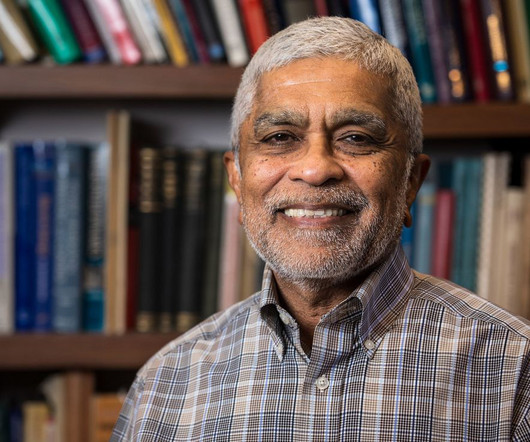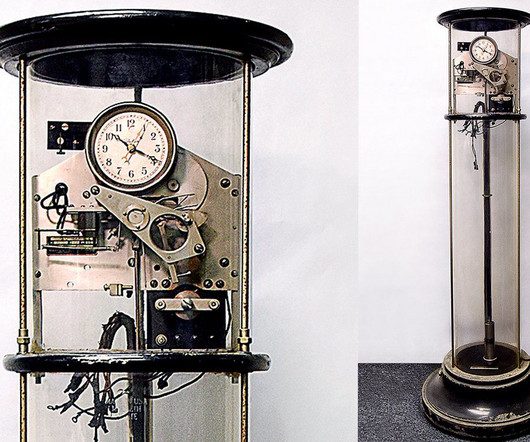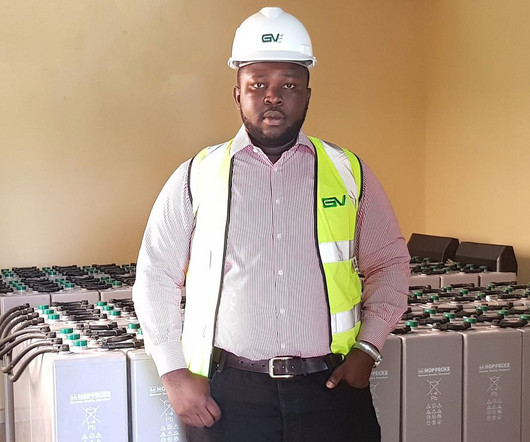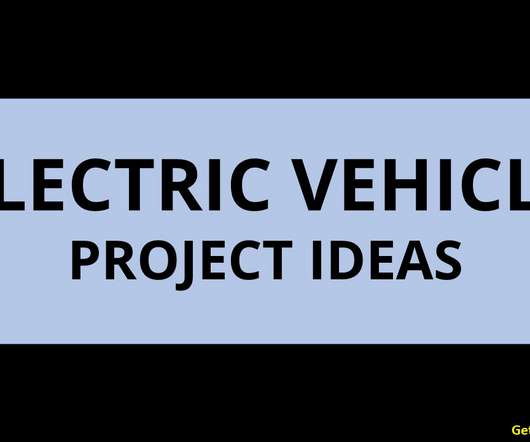Arizona State University Professor’s Work to Stabilize the Grid Pays Off
Cars That Think
APRIL 11, 2023
Whenever new technologies are introduced into the power grid, there’s always a chance they could disrupt the system, possibly even leading to blackouts. Finding ways to deal with the impact on the grid caused by incorporating renewable energy has been the focus of Vijay Vittal ’s research for nearly 20 years.


















Let's personalize your content